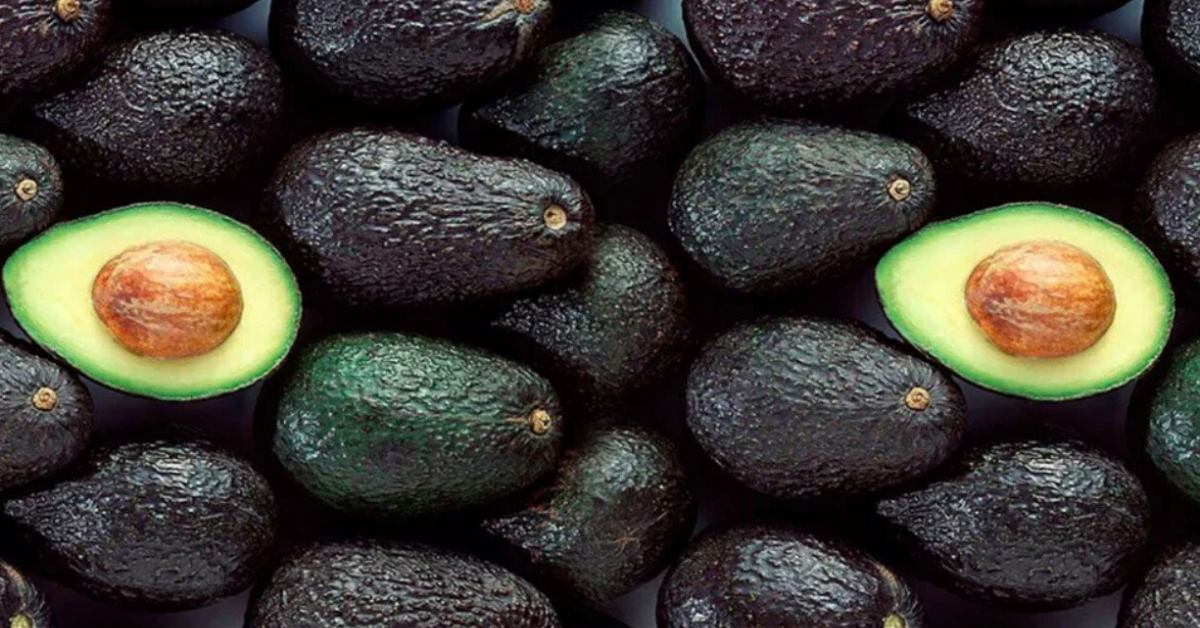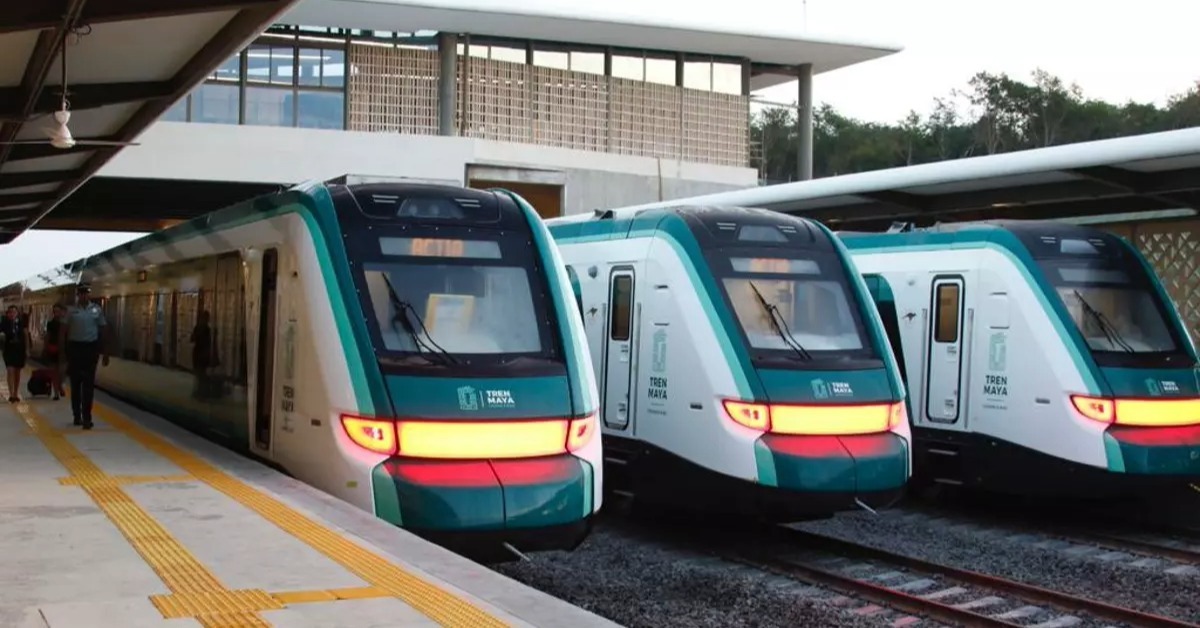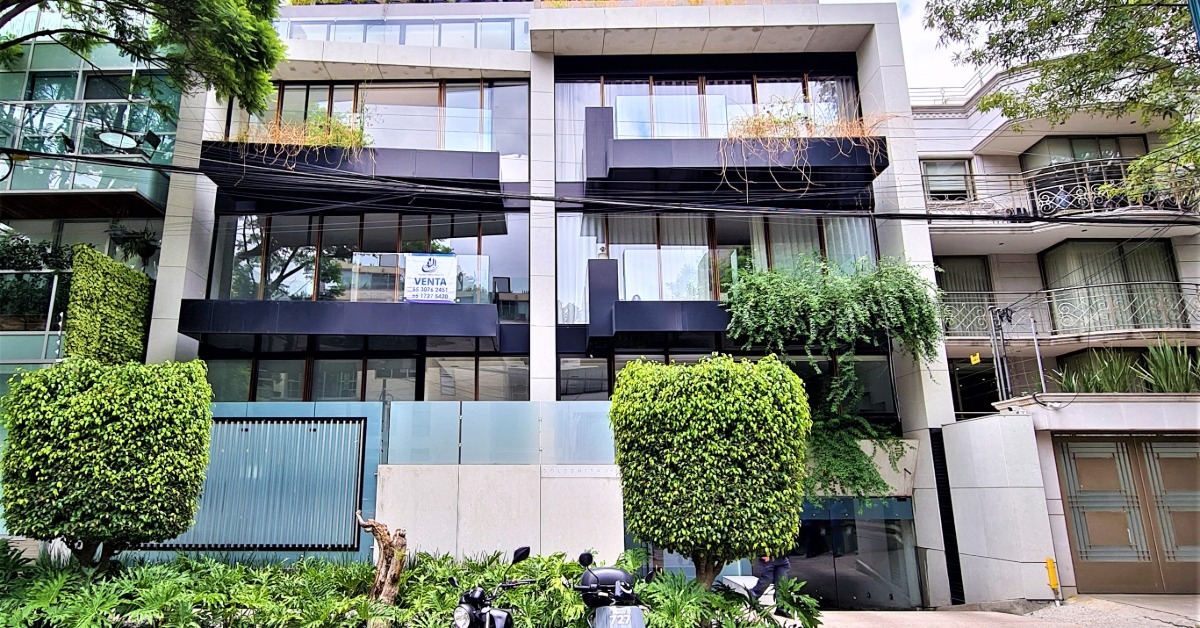The United States Government and avocado producers in Michoacán have announced that Mexican avocado exports will begin to normalize starting in July, following a suspension for security reasons. This announcement marks a significant step towards resuming a vital export that has faced recent disruptions.
In a statement, the Association of Producers and Packers (APEAM) explained that they received a message from the United States Department of Agriculture (USDA) detailing a phased plan for the reopening of operations between the two countries.
"Today we received a communication from the USDA indicating the plan to restart . . .






